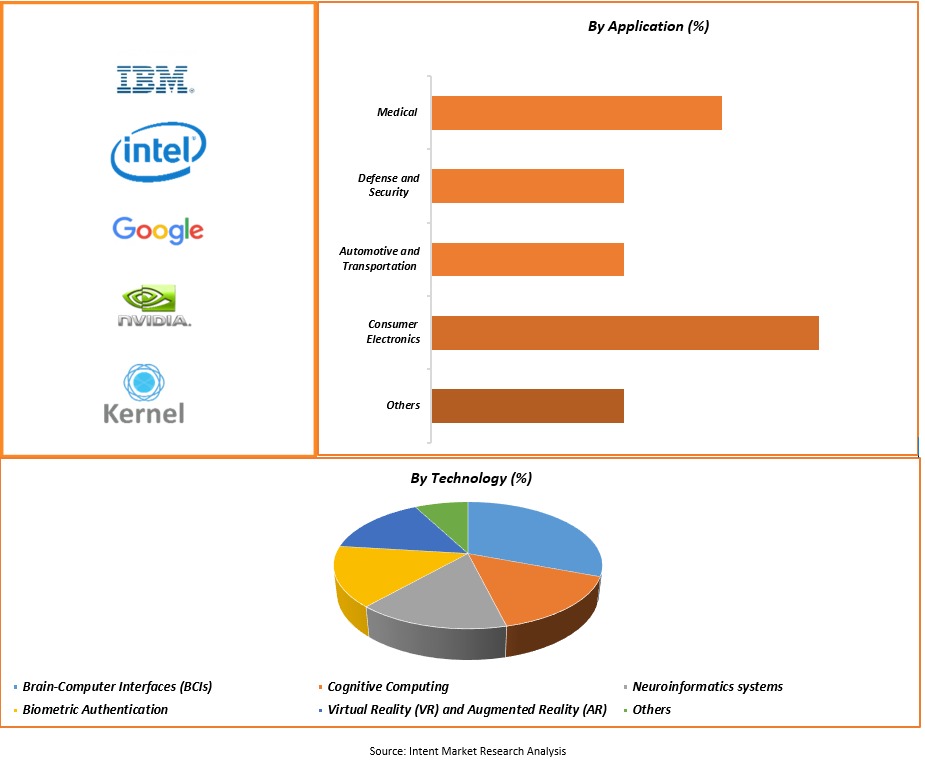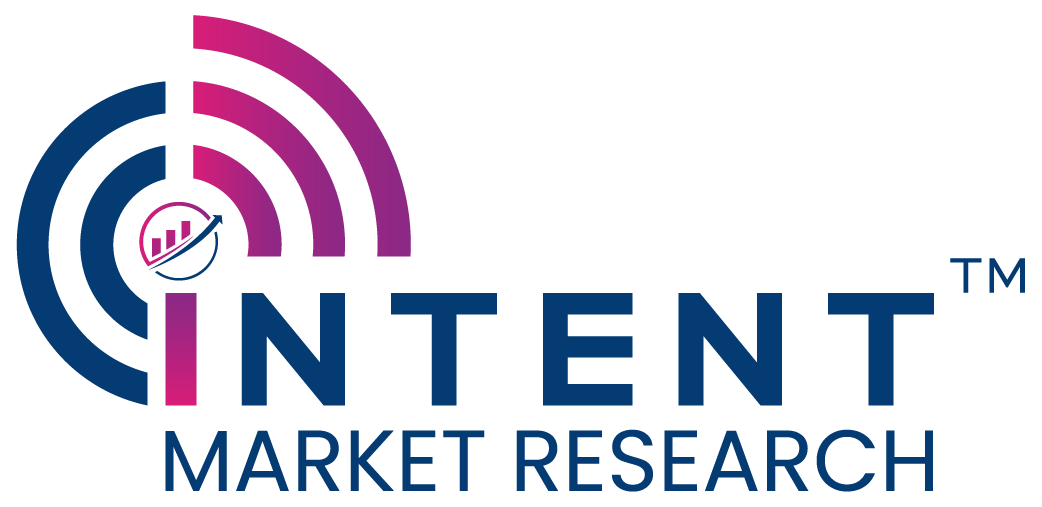Demand for High-Performance ICS Is Driving The Wetware Computers Market
- December, 2023
- Semiconductor & Electronics
Wetware computers market is expected to grow from USD XX billion in 2023-e to USD 3.0 billion by 2030, at a CAGR of 41.5% during the forecast period (2024-2030). Prominent players in wetware computers market include CEA-Leti, General Vision, HP, HRL Laboratories, IBM, Intel, Knowm, Qualcomm Technologies, Samsung, Vicarious FPC, Google, and NVIDIA.
A study by Intent Market Research forecasts that the wetware computers market will grow to USD 3.0 billion by 2030, with a projected CAGR of 41.5%. A computer system that uses biological elements or live things to carry out computations or other duties is referred to as “wetware computing” in general. Unlike “hardware,” which refers to a computer’s physical components, and “software,” which refers to computer programs and instructions, the phrase “wetware” is a play on words. Wetware computers incorporate things such as biological neural networks, DNA computing, or biochemical reactions to process information. These systems aim to exploit the unique properties of biological systems, such as parallelism and adaptability, for computational purposes or to solve specific problems.
Integration of wetware computer technologies into vehicle interfaces leads to innovative control mechanisms that allow for more intuitive interaction between drivers and vehicles. It utilizes biologically inspired algorithms, vehicles might adapt their functionalities based on the driver`s biometric data, preferences, or even emotions, leading to personalized and adaptive driving experiences.

Cognitive computing is inspired by neural networks and the functions of the human brain. The development of biologically inspired algorithms intersects with the concept of “wet computing,” which simulates or improves biological processes in computing systems.
Advances in cognitive computing in natural language processing and human-like reasoning improve “wet computing” interfaces. This led to more intuitive and efficient interactions between biological systems (such as the human brain) and computing technology. Cognitive computing’s ability to process large amounts of data and derive insights contributes to personalized experiences in “wet computing.” This may involve tailoring IT systems to individual user preferences, behavior, or biometrics.
Academic institutions and research centers often spearhead innovative studies exploring the integration of biological principles with computing systems. These developments lay the groundwork for future technologies categorized within the realm of “wetware computers.” Academia and research contribute significantly to advancements in neurotechnology, which encompasses the development of devices or systems interacting with the nervous system. Such studies contribute to understanding biological systems and potentially feed into the development of “wetware” technologies.
Government support for research and technology in countries across the Asia-Pacific facilitates advancements in biologically integrated computing. The Asia-Pacific region, being a hub for technological adoption and innovation, holds substantial potential for the adoption of wetware computing-related technologies. This is due to the region’s significant advancements and competitive advantages. The market is consolidating and suppliers are spending more and more on R&D and collaboration activities to acquire technological capabilities and commercialize the market, making the market less competitive.
In April 2022, SynSense announced a partnership with BMW to advance the integration of neural chips and smart cockpits. This is the first step towards integrating SynSense brain technology into smart cockpits. This neurotechnology collaboration with BMW will focus on SynSense’s SoC-Speck dynamic vision intelligence, combining SynSense’s low-power SNN vision processor with event-based sensing on a single chip. Major players are CEA-Leti, General Vision, HP, HRL Laboratories, IBM, Intel, Knowm Inc., Qualcomm Technologies, Samsung, Vicarious FPC, Google, and NVIDIA.

